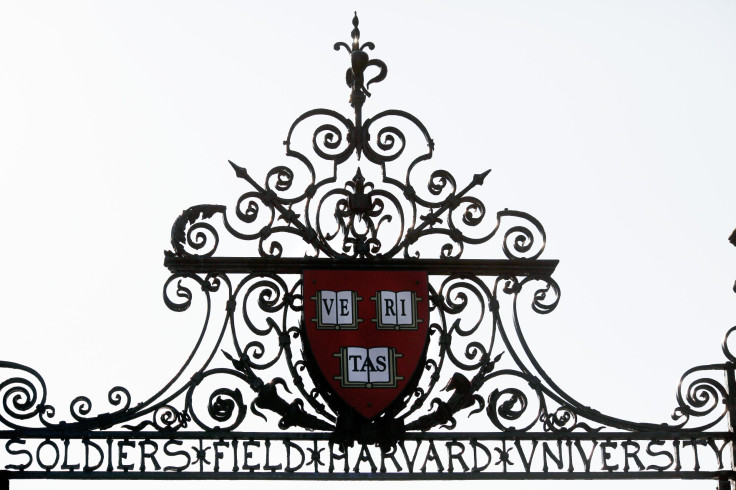Yang Jisheng, A Chinese Journalist, Barred From Travelling To US To Accept Harvard University Award: Report

Yang Jisheng, a retired Chinese journalist with state media Xinhua News, has been banned from traveling to the U.S. to accept an award for his work, the Guardian reported Monday. Yang was selected for Harvard University’s Louis M Lyons Award in December in recognition of his 2008 book “Tombstone: The Great Chinese Famine, 1958-1962.”
Yang estimates about 36 million famine deaths — including his father’s — in his book, which is considered the most reliable account of a disaster China’s Communist leaders still attempt to hide. Yang was to travel to Massachusetts in March to accept the award, the Guardian reported.
“Yang’s work speaks to the effort of every journalist globally who faces enormous obstacles in reporting. Now more than ever the world needs courageous and dedicated journalists like Yang. He is a role model to all who seek to document the dark and difficult struggles of humankind,” the university’s Nieman Foundation for Journalism stated in a statement in December 2015.
But, according to the Guardian, Xinhua has forbidden 75-year-old Yang from travelling to the U.S. Yang did not comment on the matter and Xinhua did not respond to a comment request, the newspaper reported.
“Tombstone” earned Yang international accolades and was allowed in the past to travel abroad to receive them. Last November, Yang went to Sweden to collect the Stieg Larsson award in recognition of the “journalistic courage he has shown in finding and telling the truth” about the famine.
Journalists, academics, authors, lawyers and activists have come under pressure from authorities since Xi Jinping formally assumed office in March 2013. Frank Dikötter, the author of “Mao’s Great Famine,” told the Guardian that forbidding Yang to visit the U.S. highlighted the failing political situation in the world’s second-largest economy.
“I’m not really surprised in that [over] the last two if not three years there really has been a very chilling effect on historians and more generally anybody who writes critically about the past,” Dikötter told the newspaper. “That has become very clear in the last year or so. It is very sad,” Dikötter said.
“In a nutshell, it has been made pretty clear by decree that undermining the credibility of the Communist party by querying episodes of the history of the CCP [Chinese Communist party] or questioning some of its leading figures, meaning Chairman Mao, is not desirable,” Dikötter added.
In January, authorities in the northwestern province of Gansu arrested three investigative journalists, triggering an investigation by provincial prosecutors and calls from state-run media for transparency from the local police department, South China Morning Post reported. The journalists are facing charges related to extortion.
© Copyright IBTimes 2024. All rights reserved.












